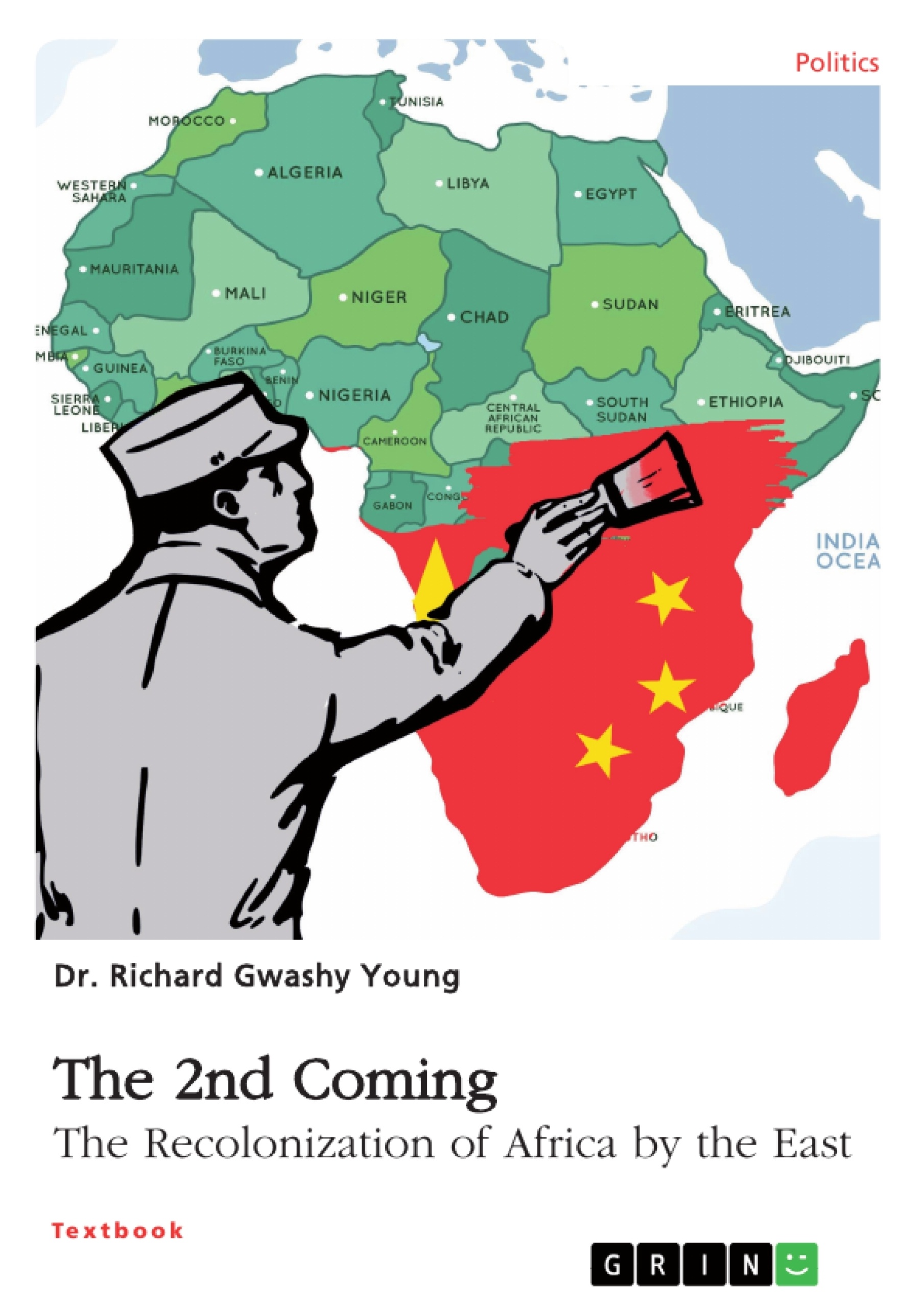It is without dispute that Africa is rich in diverse non-renewable natural resources and has a large market share for the production of various minerals. Over the years, corruption practices have festered in various institutions within Africa. Although different challenges have contributed to the collapse of the African economy, appropriate reforms can be developed. The expansion of the economic influence of China in Africa has given the Chinese government a comparative advantage in its bilateral trade with African countries. The continuous increase in the role of the Chinese government in African countries has been fostered by the political rulers in the continent.
But what are the risks of the Chinese impact on Africa? Does Africa really profit? How can the African institutions work more effectively? Can the Chinese actions be interpreted as a recolonization of Africa? For some African nations, a partnership with China is irresistible because of the significant and urgent need for infrastructure, which China is willing to finance with relaxed but punitive and exorbitant repayment terms. Dr. Richard Young analyses the Chinese impact and its goals to assess the consequences for the African continent. He explains the problems of earlier colonization and connects them to mistakes being made in the present. The author gives practical advice how to deal with the situation and how to improve Africa’s institutional for more effectiveness.
Table of Contents
- FOREWORD
- THE CRITICAL CONTEXT
- Impacts of Colonization of Africa
- THE SOLUTION
- Reforms for the Liberation of African Countries
- Economic Empowerment
- The 2nd Coming
- INTEGRATIVE CONCLUSION
Objectives and Key Themes
This text explores the historical and contemporary realities of Africa, examining the lasting impacts of colonization and the emerging influence of China in the continent. It argues that African leaders must develop effective reforms to ensure true liberation and economic development, free from the control of both former colonial powers and new global players.
- The enduring effects of colonialism on Africa's economic, political, and social structures.
- The rise of China's influence in Africa and its potential implications for the continent's future.
- The need for African leaders to prioritize education, industrialization, and political reform to achieve true independence and prosperity.
- The importance of combating corruption and promoting good governance for sustainable development.
- The crucial role of civil society in holding governments accountable and advocating for the interests of the people.
Chapter Summaries
- FOREWORD: This section sets the stage by highlighting Africa's rich natural resources and its historical exploitation by European powers. It emphasizes the dependence of developed countries on African resources and the ongoing challenges faced by the continent.
- THE CRITICAL CONTEXT: This chapter delves into the negative impacts of colonialism on Africa, including the disruption of traditional economies, the imposition of a division of labor that disadvantaged Africans, and the fostering of dependency on foreign powers.
- THE SOLUTION: This section focuses on the need for African leaders to implement effective reforms to address the legacy of colonialism and the new challenges posed by China's growing influence. It stresses the importance of education, industrialization, good governance, and the empowerment of African people.
Keywords
The key terms and concepts explored in this text include colonialism, neo-colonialism, China's influence in Africa, economic development, political reform, education, corruption, good governance, and African liberation.
- Quote paper
- Dr. Richard Young (Author), 2021, The 2nd Coming. The Recolonization of Africa by the East, Munich, GRIN Verlag, https://www.grin.com/document/1126249




